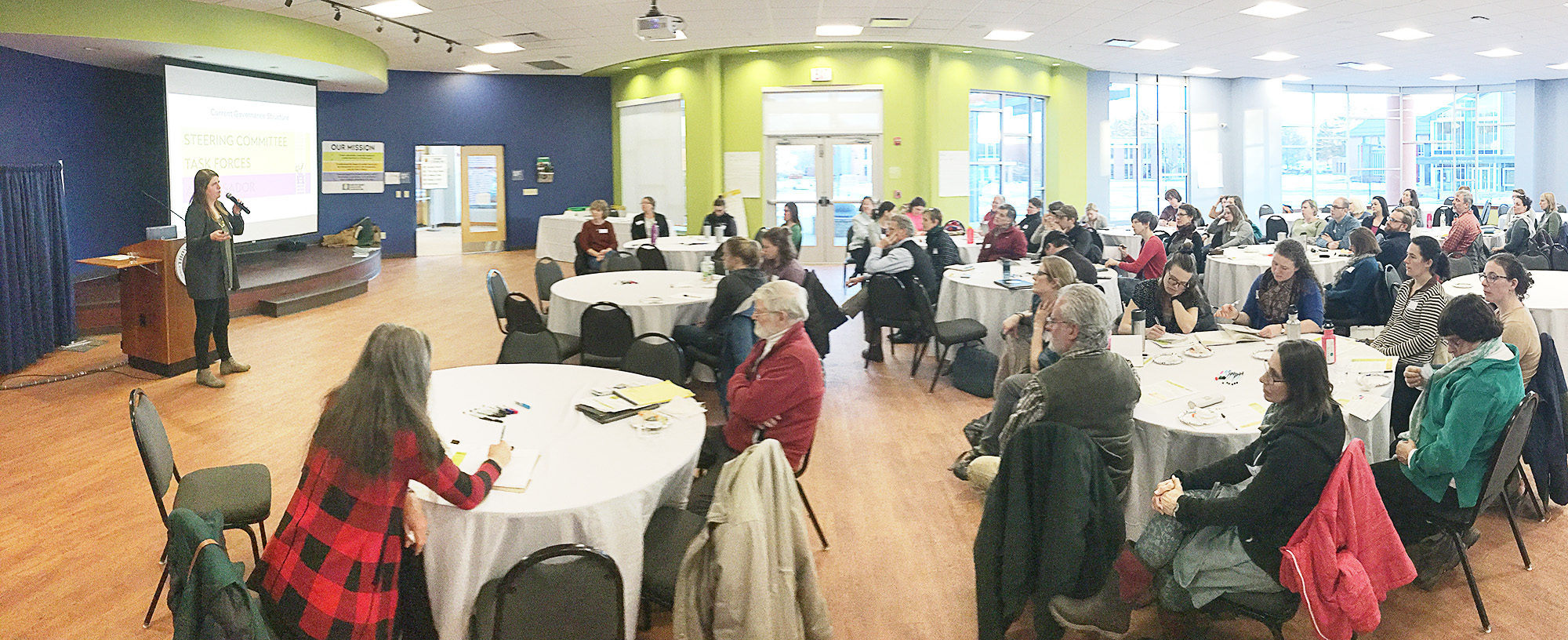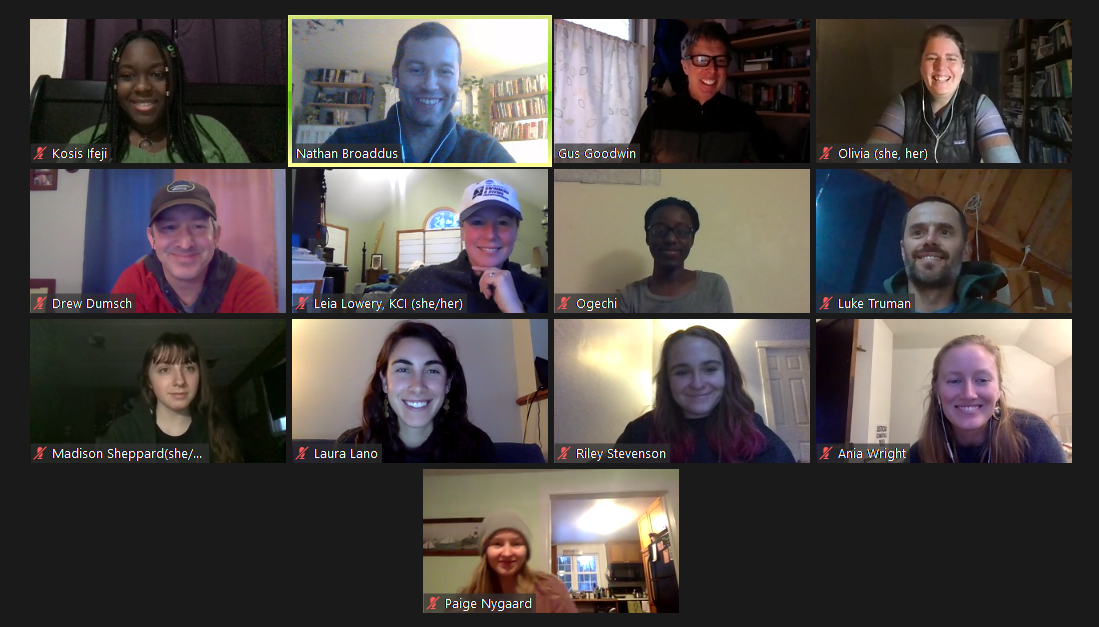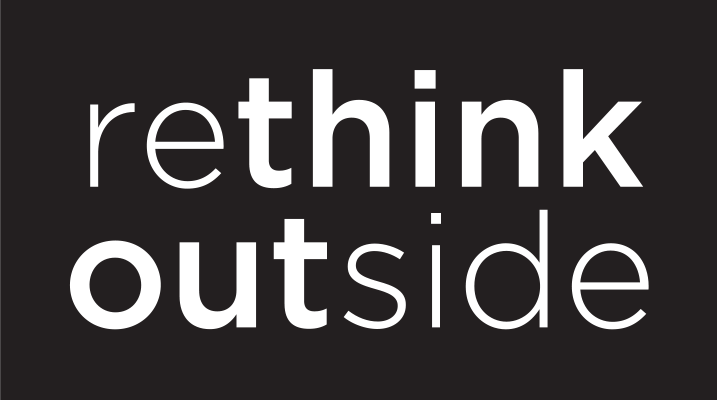Youth-Led Network Bridges Gaps
As the saying goes, “You don’t know what you don’t know.” Fortunately, a group of young people in Maine, including Amara Ifeji, recognize gaps in their educations and are doing something about it. Their goal? To ensure the next generation knows more and has more opportunities than they did.
A freshman at Northeastern University who is double majoring in environmental studies and philosophy, policy and economics, Ifeji loves spending time outdoors. “Growing up, I lived in the Washington DC metro area and had virtually no access to outdoor spaces,” she says. Her family moved to Maine after her mother finished school. Only then, with an increased income, could they afford to go to National Parks, enjoy nature walks and visit the beach.
Looking back, Ifeji regretted the absence of those experiences when she lived in the city. “It made me passionate about advocating for equitable access to the outdoors, especially for lower-income, BIPOC youth like myself who have historically been robbed of such opportunities.”
Inclusive by Design
As a multi-sector network, NBEC members span government, business, conservation, public health, outdoor and natural resource industries, workforce development, agriculture and education. The collective supports organizations and communities who provide outdoor learning, works to create sustainable funding sources so all youth can participate, and highlights the many ways that these vital connections lead to healthier people and communities.
“We are set up to fill education gaps in Maine that would be impossible for individuals or smaller groups,” says network manager Nathan Broaddus. “And we do that through advocacy and communications.”
Started in 2015 and growing to dozens of organizations by 2017, NBEC hired Broaddus in September of 2019. After gathering information from members and conducting an in-person forum in February of 2020, the network was poised to take its work to the next level.

In the months that followed, despite a global pandemic, they moved forward. They recognized that how they worked was just as important as what they decided to do. So they grounded their collaborative task force work in principles that would set people and the organization up for success against power and resource differentials, including systemic racism.
“It’s core to our work to find ways to share ownership,” says Broaddus. “To share voice and shift power–particularly where there are young people involved.”
One of the ways they do this is through youth-adult partnerships. “In the consortium, it’s youth-led and youth-driven,” says Ifeji. “I have a lot of say all the way up to the steering committee level. Also, it’s not just me, but a group of people in my age group. And it’s intergenerational. As much as I learn from adults, it’s also heartwarming to learn that they are also learning from us.”
Shaped by Challenges
As the task forces identified opportunity areas, their emerging priorities dovetailed with new needs arising from COVID-19. These clear priorities led to a hub online with partners contributing expertise to help schools access planning, training, funding options and materials for outdoor classrooms.
 Another opportunity came in the form of the Maine Climate Council, created by Governor Mills in September of 2019. By speaking with council members and gaining a seat at the table, NBEC highlighted the fact that Maine students need more K-12 education about climate change. This advocacy recently came to fruition when the governor signed the final Climate Council plan titled “Maine Won’t Wait,” now including climate education as a goal.
Another opportunity came in the form of the Maine Climate Council, created by Governor Mills in September of 2019. By speaking with council members and gaining a seat at the table, NBEC highlighted the fact that Maine students need more K-12 education about climate change. This advocacy recently came to fruition when the governor signed the final Climate Council plan titled “Maine Won’t Wait,” now including climate education as a goal.
Leading into 2021, NBEC organized a Maine Outdoor Learning Forum, with 25 co-hosts and 220 participants from public schools, nonprofits, land trusts, private schools, state agencies, funders and more. The virtual event highlighted the momentum and commitment of many diverse groups to grow and strengthen this movement, including the Maine Department of Education, the University of Maine Cooperative Extension, Teach ME Outside, educators and many others. And attendees from other states took lessons they learned back home.
“I recently finished my K-12 experience,” says Ifeji. “The only outdoor education I had was recess. Also, I received almost no climate education. And these are the two things I’m most passionate about and what I’m studying now. I wish I’d had more.”
In today’s world, these kinds of opportunities are not just a nice to have, but a necessity for rising leaders like Ifeji. In a state like Maine, where the distance between people and decision-makers is small, a growing, evolving and representative network like NBEC helps make such a future not just a wish but a reality.
